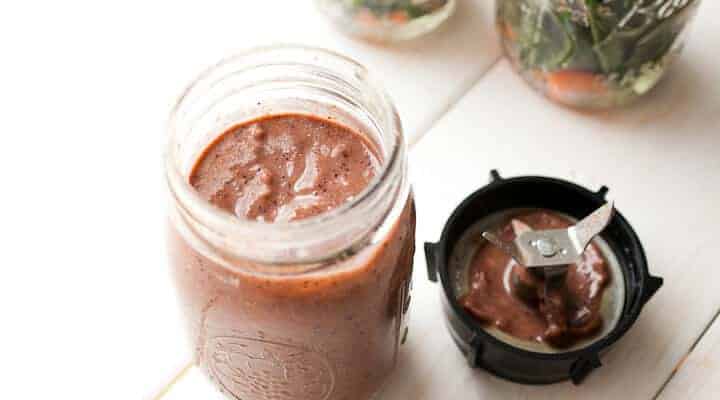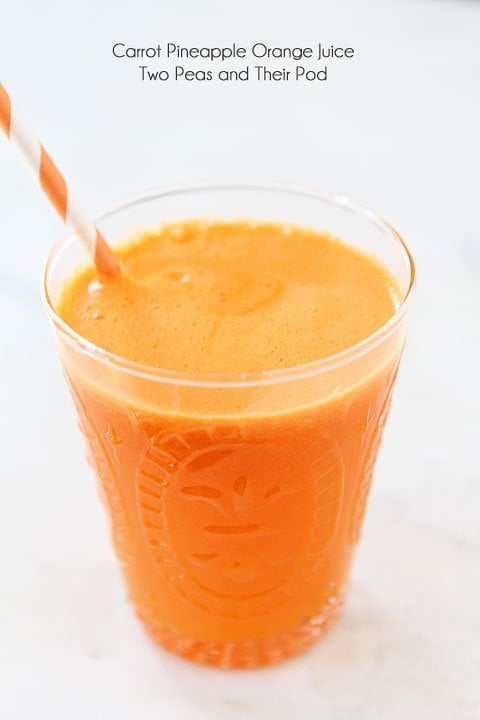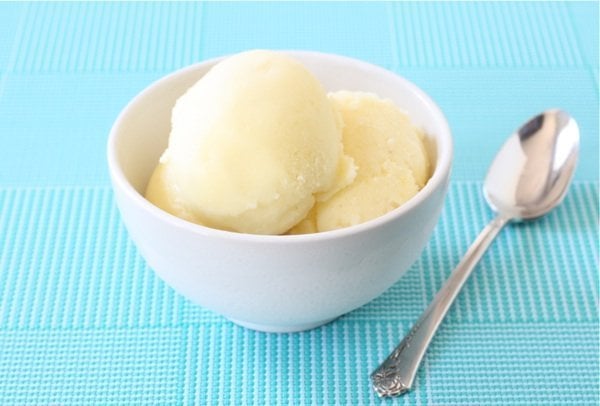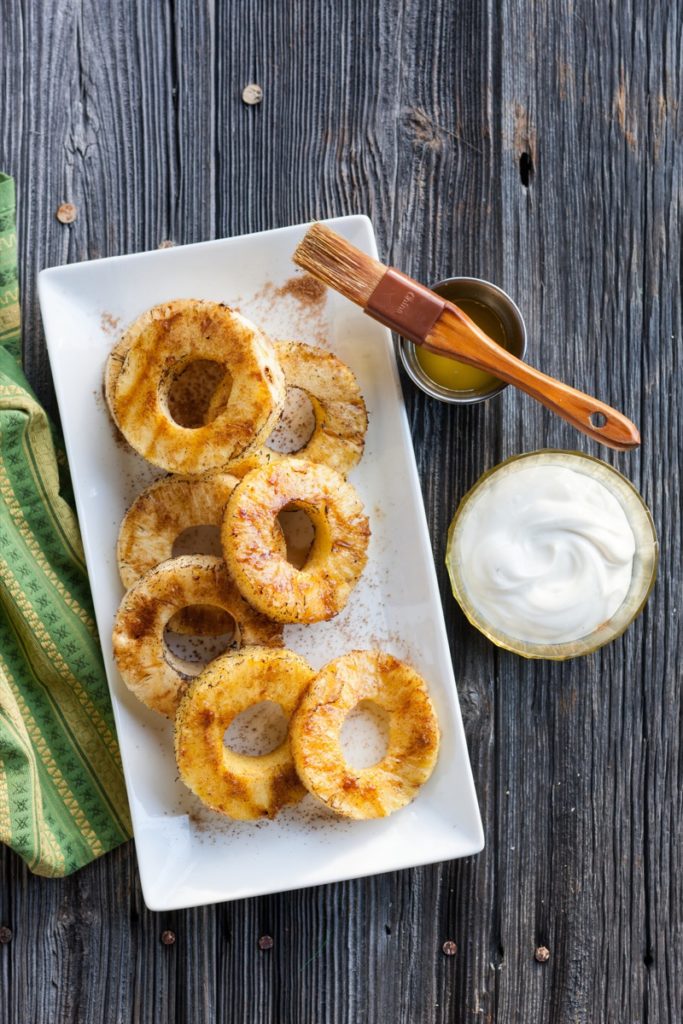Pineapple: Important Facts, Health Benefits, and Recipes
Explore the health benefits, history, and culinary uses of pineapple in our ultimate guide, and learn how this tropical treasure can enhance your diet and well-being.

Nutritional Facts
1 fruit
Amount per serving
Calories
452.5
Carbohydrates
118.7 g
Fat
1.1 g
Protein
4.9 g
Saturated Fat
0.1 g
Sodium
9 mg
Fiber
12.7 g
Sugar
89.1 g
Best Pineapple Recipes
-

-

-

-

-

-

-

-

-
![Aloha Teriyaki Shrimp Burgers Image]()
-
![Tropical Fruit Salad Image]()
-
![Tropical Roasted Chicken Image]()
-
![Tropical Pineapple Chicken Image]()
-
![Grilled Pineapple Salmon Image]()
-
![Easy Fruit Salad with Honey Orange Yogurt Dressing Image]()
-
![Sesame Soy Pineapple Chicken Kabobs Image]()
-
![Banana Split Cream Puffs Image]()
-
![Pineapple Upside Down Cake Image]()
-
![Spicy Maple Citrus Chicken Kabobs Image]()
-
![Grilled Fruit Sangria Image]()
-
![Fish Nachos Image]()
-
![Spicy Shrimp Tacos Image]()
-
![Grilled Huli Huli Chicken Image]()
-
![Hawaiian Ham and Pineapple Casserole Image]()
-
![Crunchy Polynesian Pork Salad Image]()
-
![Hawaiian Turkey Burger Sliders Image]()
-
![Brown Sugar Grilled Pineapple Image]()
-
![Hawaiian Turkey Sliders Image]()
-
![Candied Chicken Image]()
-
![Limeaid with Fruit and Grilled Pineapple Image]()
-
![Pineapple Coconut Chicken Curry Image]()
-
![Best Bacon Breakfast Charcuterie Board Image]()
-
![Shrimp Scampi Taco Bites Image]()
-
![Pineapple Mango Grilled Chicken Skewers Image]()
-
![Raspberry Fruit Dip Image]()
-
![Canadian Bacon and Pineapple Kabobs Image]()
-
![Coconut Curd Fruit Platter Image]()
-
![4-Ingredient Fruit Salad Platter and a Pineapple Boat Image]()
-
![Poached Pineapple Sundaes with Cinnamon Wontons Image]()
-
![Fruit Glazed Ham Image]()
-
![Grilled Pineapple Image]()
-
![Fresh Pineapple Salsa Image]()
-
![Tropical Fruit Salad Image]()
-
![Freekeh with Basil-Cilantro Pesto and Grilled Pineapple Skewers Image]()
-
![Pineapple Fruit Dip Image]()
-
![Melon Pineapple Fruit Salad with Berries Image]()
-
![Shrimp Tacos Image]()
-
![Creamy Fresh Fruit Salad Recipe Image]()
-
![Pina Colada Fried Ice Cream with Honey Rum Drizzle Image]()









































